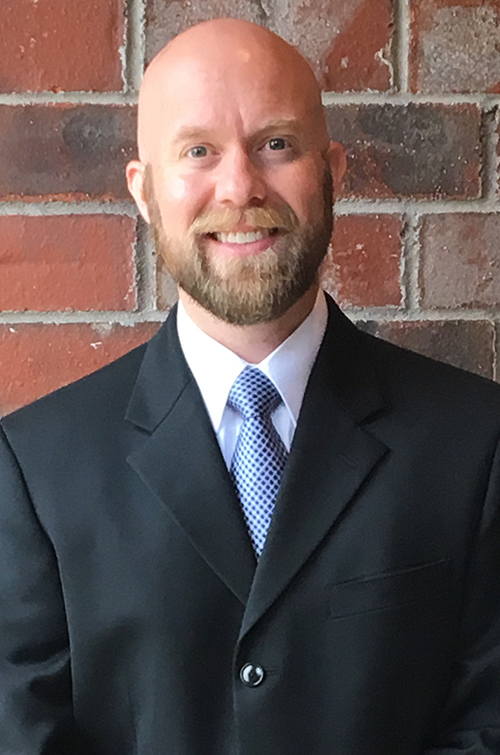University of Arkansas graduate Robert Steeps co-authored a recent article in the Western Journal of Emergency Medicine detailing a survey of emergency medical services professionals' attitudes about a new health-care concept in which they would treat people in their homes.
Steeps, who is an adjunct faculty member at NorthWest Arkansas Community College in Bentonville, teamed with colleagues from Western Carolina University and the University of Arkansas for Medical Sciences to survey 350 EMS professionals practicing in a hospital-based advanced-life support service based in southwest Missouri that covers 15 counties in Missouri, Arkansas, Kansas and Oklahoma. They wanted to find out if the EMS professionals understood the concept of community paramedic programs and if they would be interested in participating in the programs.
According to their article, the community paramedic model, in general, uses specially educated paramedics to treat minor injuries and manage chronic illnesses in the patient's home or otherwise arrange care provided in the community and limit unnecessary transportation to hospital emergency departments. Reducing the number of patients taken to a hospital not only lessens the burden on ambulance services and emergency departments but also improves the experience for patients by avoiding long waits in emergency departments. The model could help reduce costs across the health-care continuum, Steeps said.
The researchers found that, of 283 EMS professionals who responded to the survey, 70 percent said they knew what a community paramedic program entails and 58 percent said they were likely to attend additional education to become a community paramedic. The survey found that 75 percent felt their communities would be in favor of a local community paramedic program and 47 percent of the patients they encounter in the field could potentially benefit from the program.
"EMS professionals also feel that (community paramedic) programs will help those in their community who have the greatest need and that (community paramedic) programs should be a significant responsibility for EMS in their respective communities," the article said.
Several studies have been published about community paramedic programs, but the researchers said none addressed the EMS professionals' willingness to participate.
Steeps earned a bachelor's degree in nursing from the U of A in 2000 followed by an associate's degree in paramedicine in 2003 from NWACC and a master's degree in health sciences in 2015 from Western Carolina University. He also completed the emergency medical technician course at the U of A in 1998 and holds certifications as an emergency nurse and as a nationally registered paramedic.
The full article can be read online at http://escholarship.org/uc/item/7ff6j08v.
Topics
Contacts
Heidi S. Wells, director of communications
College of Education and Health Professions
479-575-3138,
